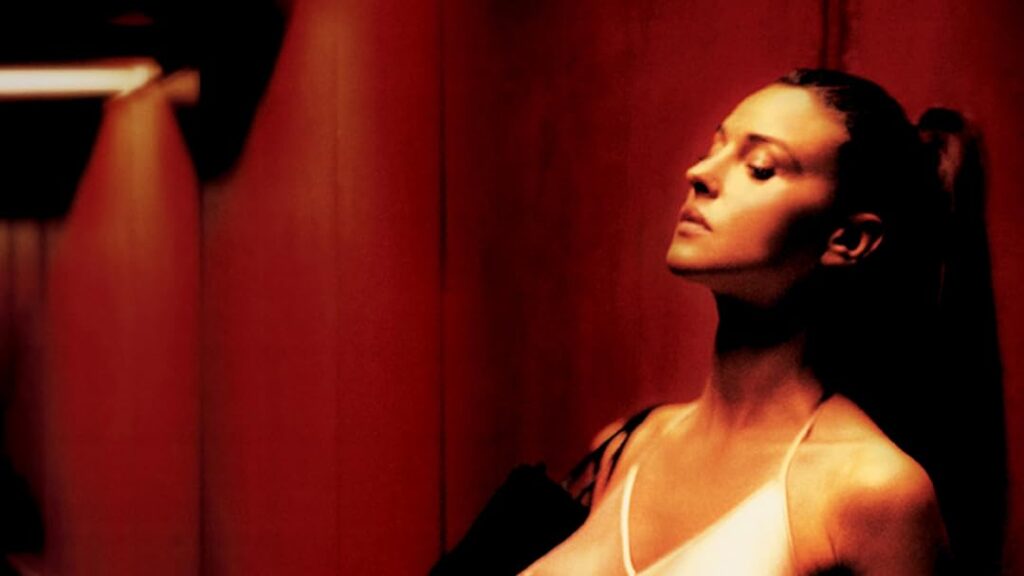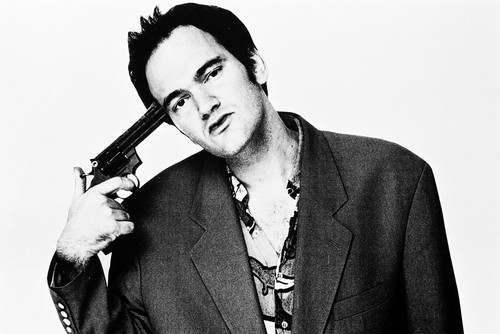
The 2002 French film, Irreversible, is one of the most disturbing and extreme films ever made. Directed and conceived by the fearless and thunderously provocative auteur Gaspar Noé, the breathtakingly bold film tells an overall simple story about two men (Vincent Cassel and Albert Dupontel) who are seeking revenge after their current lover/ex-lover (Monica Bellucci) is violently raped. What makes the film so fascinating and thematically complex, however, is the fact that it is told entirely in reverse.
The 2002 cut of Irreversible starts in complete chaos with harrowing depictions of brutality, offering more shock value in its first twenty-five minutes than most films with similar intentions offer even a quarter of in their entirety. It gets worse from there, with its violence peaking roughly halfway through during the aforementioned, horrifically prolonged, and near-unbearable rape scene. After that, the full pain of the situation becomes clear as we fully get to know the characters and understand their complicated relationships and histories during the events that precede the rape. The film ends with soaring poeticism, as the full beauty that we know will eventually be destroyed is revealed with powerfully resonating tragedy.
There has been a revised cut of Irreversible floating around Europe since 2019 and it was officially released in America in 2023. Titled Irreversible: Straight Cut, this newer cut tells the exact same story as the original, only it’s presented in chronological order this time around. Straight Cut starts with notable though trivially weightless beauty and ends in blunt and arguably pointless tragedy. The story may be the same, but the overall impact is notably less potent and the far-uglier result isn’t nearly as unique.
The problem with presenting the events of Irreversible in chronological order is that the film was never designed to be experienced in such a way. The entire point of the original cut is its backward narrative (which no doubt had influence from Christopher Nolan’s reverse-structured masterwork, Memento) and how it reveals the full truth of the situation at the very end (or, rather, the beginning that is shown at the end). The original cut leaves the viewer with a flood of emotions and begets endless questions. It requires work from its audience, so much to the point that multiple viewings and endless thought ponderings are necessary to make complete sense of its sophisticated and layered intentions.
Irreversible: Straight Cut does all the work for you and the ultimate reward isn’t nearly as great. Telling the story in chronological order (and with several minutes of its hypnotic scene transitions excised) makes the film feel very basic and highly exploitative. Beauty and hope, no matter how tragic their destiny may be and how cruel the world they exist within is, are at the core of the original cut. Destruction, brutality, and nihilism are at the core of Straight Cut, and it ultimately leaves the viewer feeling downright miserable.
Like the original cut, Irreversible: Straight Cut’s visceral and grittily realistic filmmaking is still exemplary. The performances from the entire cast still hold up as wholly naturalistic and believable. Both cuts exhibit quality and talent from everyone involved, but it’s the original cut that remains a revolutionary and boundary-pushing addition to the world of cinema. Irreversible: Straight Cut is an interesting experiment and a somewhat failed companion piece to an outright masterpiece, but it should never be mistaken as its far-inferior replacement.
IRREVERSIBLE GRADE: A
STRAIGHT CUT GRADE: C+



